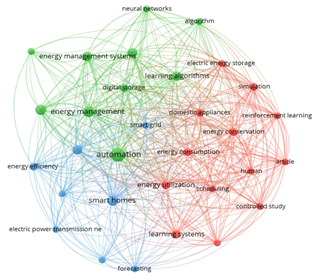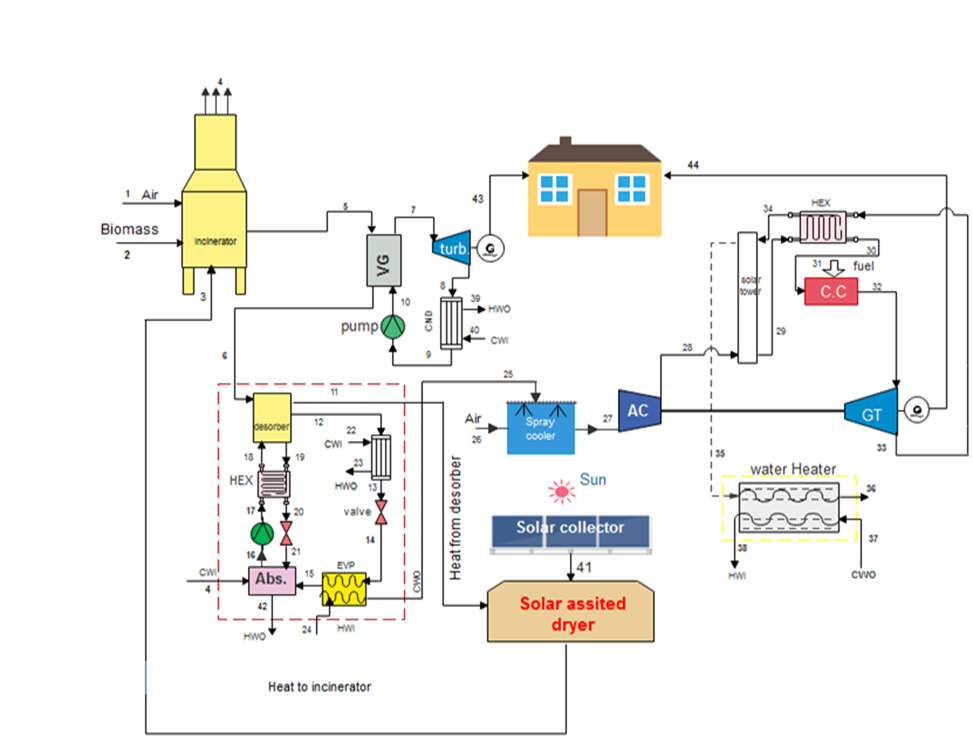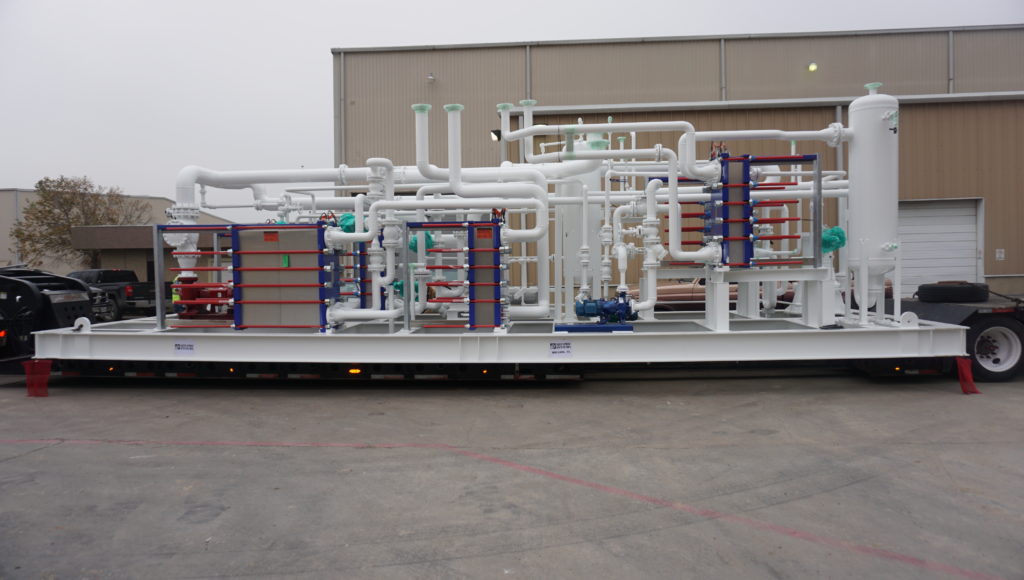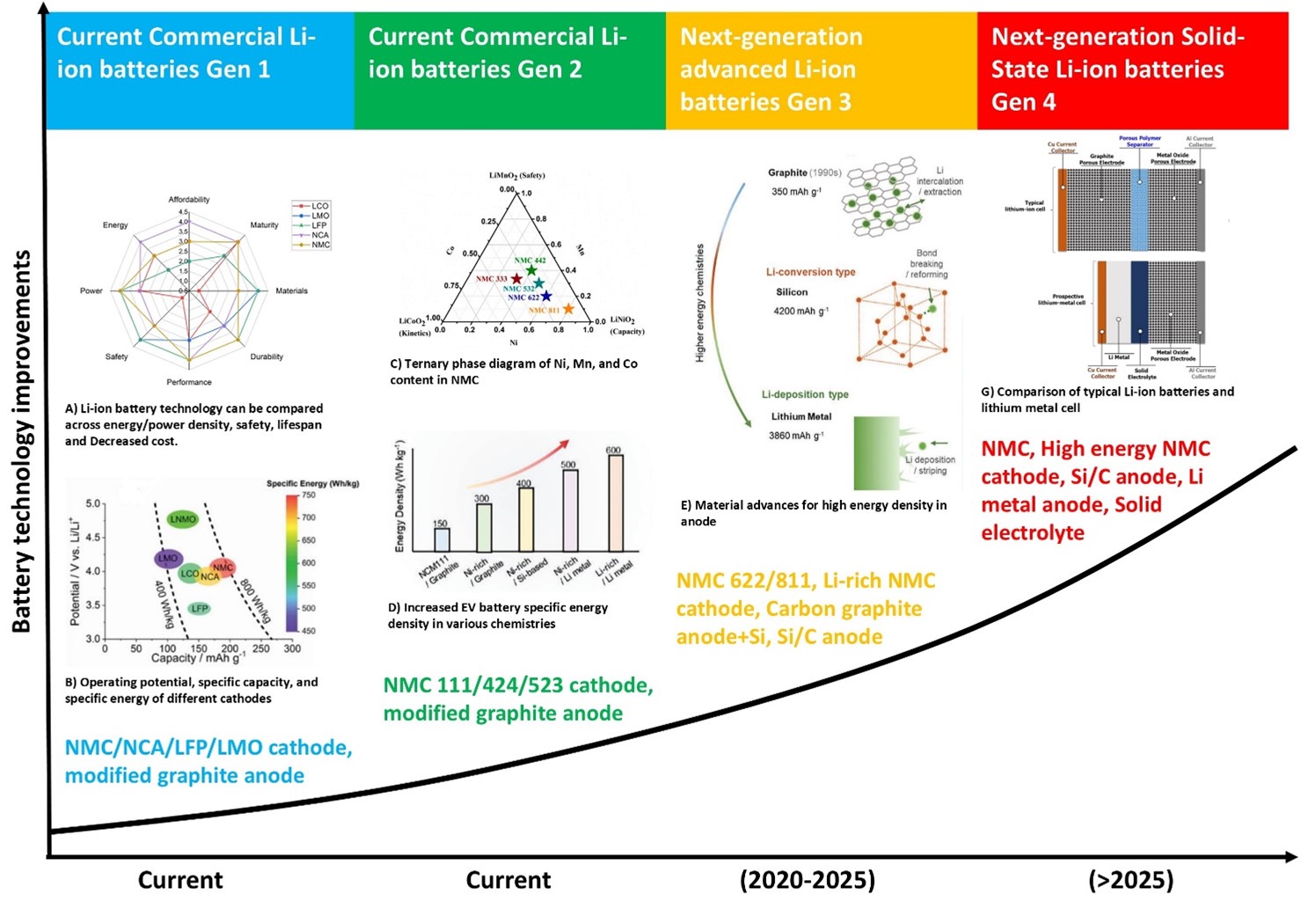Focus and Scope
Future Sustainability (FUSUS) Journal (ISSN Online: 2995-0473) covers a range of subjects related to sustainability, including agriculture and food security, supply chain, waste, biodiversity conservation, circular economy, cities and urbanization, comprehensive climate change, development, environmental degradation, environmental law, green infrastructure, the relationship between health and the environment, human population, innovation, land use and change, natural capital, natural resource management, policy, pollution, ecosystem services, education, environmental behavior, poverty, the interconnections between water, energy, and food, and the connections between water, soil, and waste, among others.
One of the journal's goals is to promote cross-disciplinary conversations on sustainability issues and bridge the gap between research and policymaking. As with all Future-based journals, Future Sustainability is distinguished by a dedicated team of professional editors, a rigorous peer-review process, high-quality copy-editing, production standards, and prompt publication.
Disciplines covered in FUSUS
- Agronomy
- Atmospheric Science
- Biogeochemistry
- Chemistry and Catalysis
- Civil Engineering
- Demography
- Economics
- Education
- Energy and Ecology
- Environmental Health, Science & Technology
- Epidemiology
- Finance
- Forestry
- Geography
- Humanities
- Industrial Ecology
- Materials Science & Engineering
- Nanotechnology
- Oceanography
- Political Science
- Soil Science
- Urban Science and Studies
- Water Science and Studies















